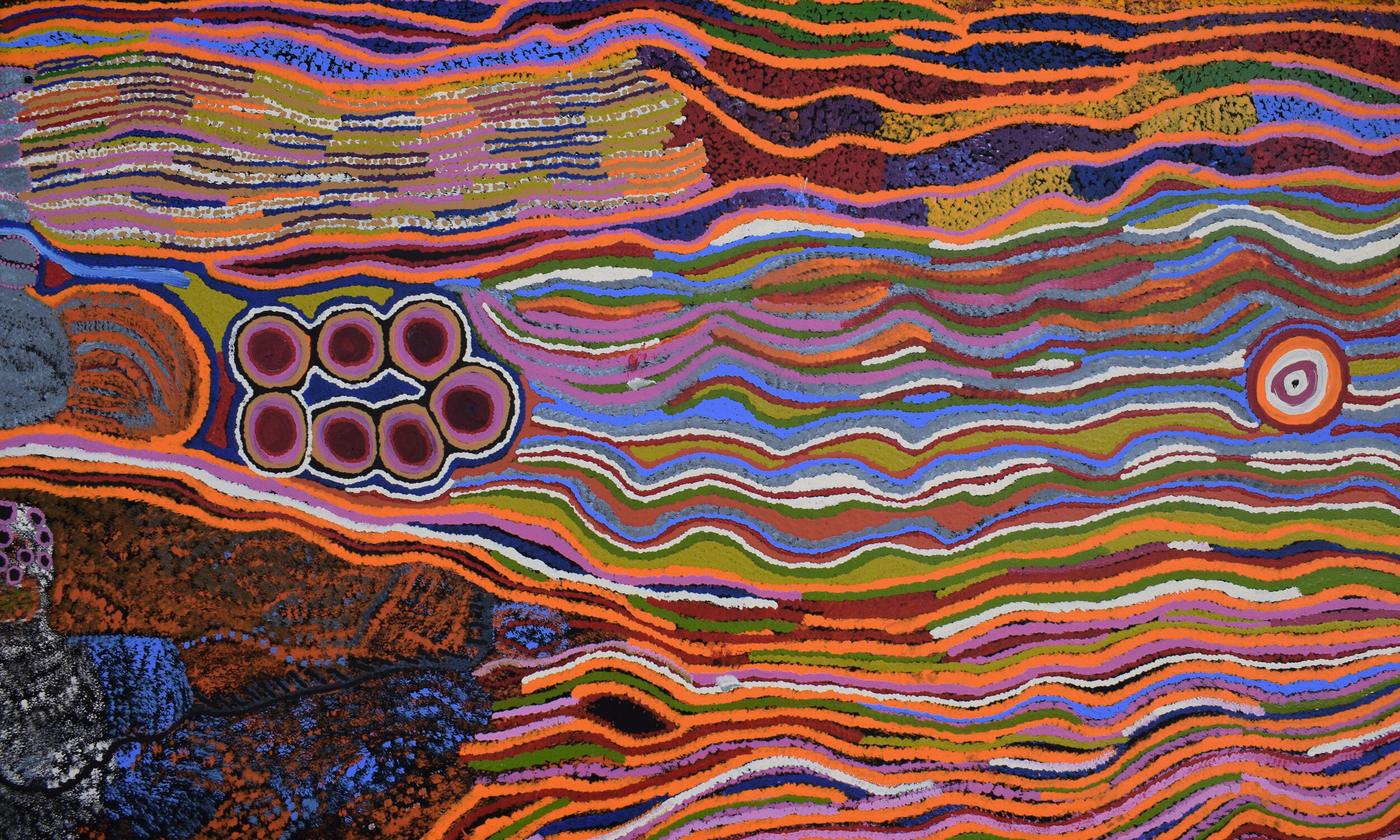
Yalbilinya: National First Languages Education Project
From 2019-2022, First Languages Australia received support from the Australian Government Department of Education, Skills and Employment to explore research, tools and strategies to boost Aboriginal and Torres Strait Islander languages education.
The project aimed to support the development of Indigenous language teachers and the teaching of Indigenous languages to boost the long-term uptake of Aboriginal and Torres Strait languages in Australian school classrooms.
As part of this activity, the resources collated for and through the project have been made publically available through Winhangarra National First Languages Education Portal. Winhangarra has been established for Indigenous language educators, language communities, school leaders and policymakers, and includes a range of resources relevant to various teaching environments and learning levels.
Project Outline
The project consisted of three streams:
Research into best-practice implementation of the Framework for Aboriginal Languages and Torres Strait Islander Languages (the Framework)
The development of resources to promote best-practice implementation of the Framework
The development of an Indigenous language education workforce strategy.
1. Research into best-practice implementation of the Framework
Through this stream, First Languages Australia identified and coordinated research into how the Framework was being implemented by school teachers across Australia to identify and promote best-practice. This included:
a. Research and analyse how the Framework is being implemented by school teachers across Australia, including, but not limited to:
existing state and territory policy statements, practices and resources already being used in the teaching of Aboriginal and Torres Strait Islander languages in schools
gaps in teaching of Aboriginal and Torres Strait Islander languages in schools; and
at least two case studies from each state and territory and from a mix of government, Catholic and independent schools
b. Identify best-practice resources already available to support implementation of the Framework, including in regional and remote communities.
c. Identify best-practice models, including, but not limited to:
how to effectively integrate Aboriginal and Torres Strait Islander language and cultural learnings into the classroom;
how to appropriately engage with local Indigenous communities about Aboriginal and Torres Strait Islander language teaching;
how to promote community involvement in Aboriginal and Torres Strait Islander languages education;
how to identify and apply appropriate community protocols for the teaching of Aboriginal and Torres Strait Islander languages, including:
who can teach a language and where; and
guidance for non-Indigenous staff and Indigenous staff off-country.
2. Development of resources to promote best-practice implementation of the Framework
Through this stream, First Languages Australia collaborated with partners to develop high-quality training resources and materials to support the ongoing development of skills of Indigenous language workers to teach Aboriginal and Torres Strait Islander languages in schools. Including the following activities:
a. Development of resources to support Indigenous language workers to continually grow their own personal language skills
b. Development and implementation of professional development courses to increase the skills of educators teaching Aboriginal and Torres Strait Islander languages, including:
i. Aboriginal and Torres Strait Islander educators;
ii. Community representatives; and
iii. Non-Indigenous educators.
c. Guidance on appropriate length of time of classroom language teaching requirements
d. Trialing a minimum of two resources and professional development courses to ensure materials and courses are effective to a minimum 10 Indigenous language teachers and 10 non-Indigenous language teachers.
The final report on this pillar of work can be downloaded here. The report includes a series of appendixes that provide further details of professional learning activities shared to support others opportunities in their regions.
3. Development of a culturally appropriate Indigenous language education workforce strategy
Through this stream, First Languages Australia and partners will develop a culturally appropriate national workforce strategy for Aboriginal and Torres Strait Islander language educators, including community language teachers/assistants working in schools; teachers in the school classroom, and linguists (university trained and community based). The strategy must include identification and guidance on best practice models, including but not limited to:
a. How to promote first language programs within schools as a career
b. How to promote skills training in the field of linguistics
c. How to promote relevant qualification/courses for Indigenous people
d. How to engage, retain and support Indigenous language teachers
e. Outline appropriate national training pathways for Indigenous assistant educators, including flexible learning and entry level without teaching qualifications
f. What are the appropriate national accreditation requirements and employment conditions
g. How to introduce mentoring opportunities
h. Instructions of how to implement training by using the training resources (developed as part of this project) in the classroom in practical terms.
The final report Yalbilinya: First Languages Education Workforce Strategy is available here, along with the summary document.
Participation in Australian Government initiatives
To deliver this project, First Languages Australia collaborated with partners across the education sector, such as:
State and territory governments, Catholic and independent school associations in each state and territory to undertake appropriate consultation and research for the project
The Department of Communications and the Arts (Cth)
Australian Institute of Aboriginal and Torres Strait Islander Studies
Universities, TAFEs and RTOs providing training for language workers/teachers
State and territory Indigenous education consultative bodies
Australian Education Union (EAU)
The Australian Federation of Modern Languages Teachers Association (AFMLTA);
Australian Institute for Teaching and School Leadership (AITSL)
The Australian Curriculum, Assessment and Reporting Agency (ACARA); and
Community Language Australia (CLA).
Yalbilinya means learn in Wiradjuri. The name was provided by the Parkes Wiradjuri Language Group and is pronounced yal-bill-in-ya.
Artwork:
Kungkarrangkalpa (Seven Sisters)
Angilyiya Tjapiti Mitchell
Copyright Angilyiya Tjapiti Mitchell. Papulankutja Artists
Licensed by the Copyright Agency, 2021





